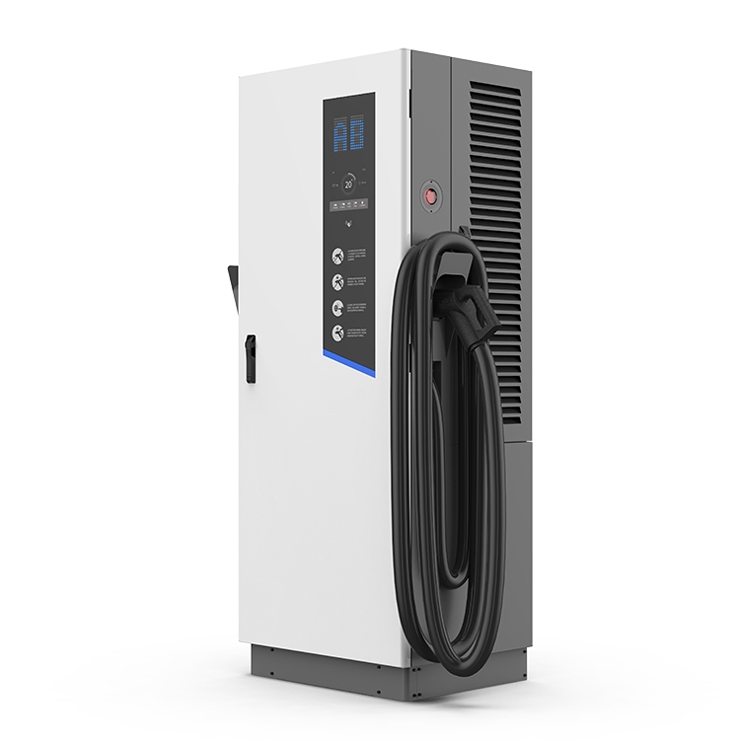
Products
Fast, Reliable, Everywhere

Solutions
Efficient, Innovative EV Charging Solutions.
News
We are committed to the innovation and application of EV charging.
For owners of electric cars (EVs), a fast charging station is a specialized infrastructure that enables faster battery recharging. Compared to typical home charging devices, these stations' high-power charging systems give a substantially faster charging rate. A 240 kW fast charging station for ev can provide an electric car with 240 kilowatts of electricity at a time. This high power output enables rapid charging times compared to slower charging methods, significantly reducing the time required to recharge an EV. An EV battery may be recharged significantly more quickly with a 240 kW charger than a standard home charging station. It's crucial to remember that depending on the area and the specific infrastructure, the availability of such high-power charging stations may vary. It is increased charging times and convenience for EV owners; improvements are constantly being made to EV technology and the infrastructure for charging EVs.
Electric vehicle (EV) fast charging stations are essential to the infrastructure required to allow broad EV adoption. We can solve some of the frequent worries connected with EVs, such as charging time and range anxiety, by utilizing the potential of rapid charging stations. When considering the possibility of rapid charging stations, keep the following in mind:
Compared to standard charging outlets, fast charging stations are intended to offer much greater charging power. This makes it possible for EVs to charge their batteries considerably more quickly. Fast charging may restore a substantial amount of an EV's battery capacity in a couple of minutes, whereas conventional charging techniques might take several hours. As a result, the amount of time needed to wait for a charge is decreased, making EVs more practical and similar to refueling a gasoline-powered car.

Faster charging enables EV drivers to go farther distances without stopping for extended periods to charge. Owners of EVs who have access to a network of fast charging stations may confidently plan longer trips since they know they can swiftly refuel their vehicles when necessary. Range anxiety, a typical worry among prospective EV purchasers, is mitigated by the increased driving range and shorter charging times.
Fast charging stations let EV owners refuel their cars at various locations, including highways, malls, offices, and neighbourhoods. People who might not have access to charging stations at home may find it more feasible to acquire an EV because of this extensive accessibility. Drivers benefit from flexibility and convenience since they may recharge their cars while doing their everyday business.
Fast charging facilities are essential for EV long-distance driving. They build lanes of infrastructure for charging along highways, enabling vehicles to go further distances without being concerned about running out of electricity. These stations are often placed in key locations like rest areas or service plazas to enable pauses and quick charging for travellers.
An electric vehicle (EV) fast-charging station with a 240 kW output marks a substantial improvement in the infrastructure for charging EVs and can potentially change how they are used. This is why:
The type of charger and the size of the car's battery determine how long it takes to charge an EV. Battery size influences charge times as well. For example, an automobile will charge more quickly than one with a larger battery pack. The following are some rough charging times for various charger types:
The future of electric cars is the 240KW fast charging station for ev. It will make long-distance travel possible and drastically cut down on charging time. Additionally, this station will save EV users' charging expenses while lowering carbon emissions and improving air quality. It is assisting in the world's early realization of carbon neutrality. The CE, FCC, ROHS, LVD appearance patents, and other agencies have approved PIWIN products. Products are offered for sale both inside and outside the nation, and well-known businesses domestically and abroad have chosen them as strategic partners.
